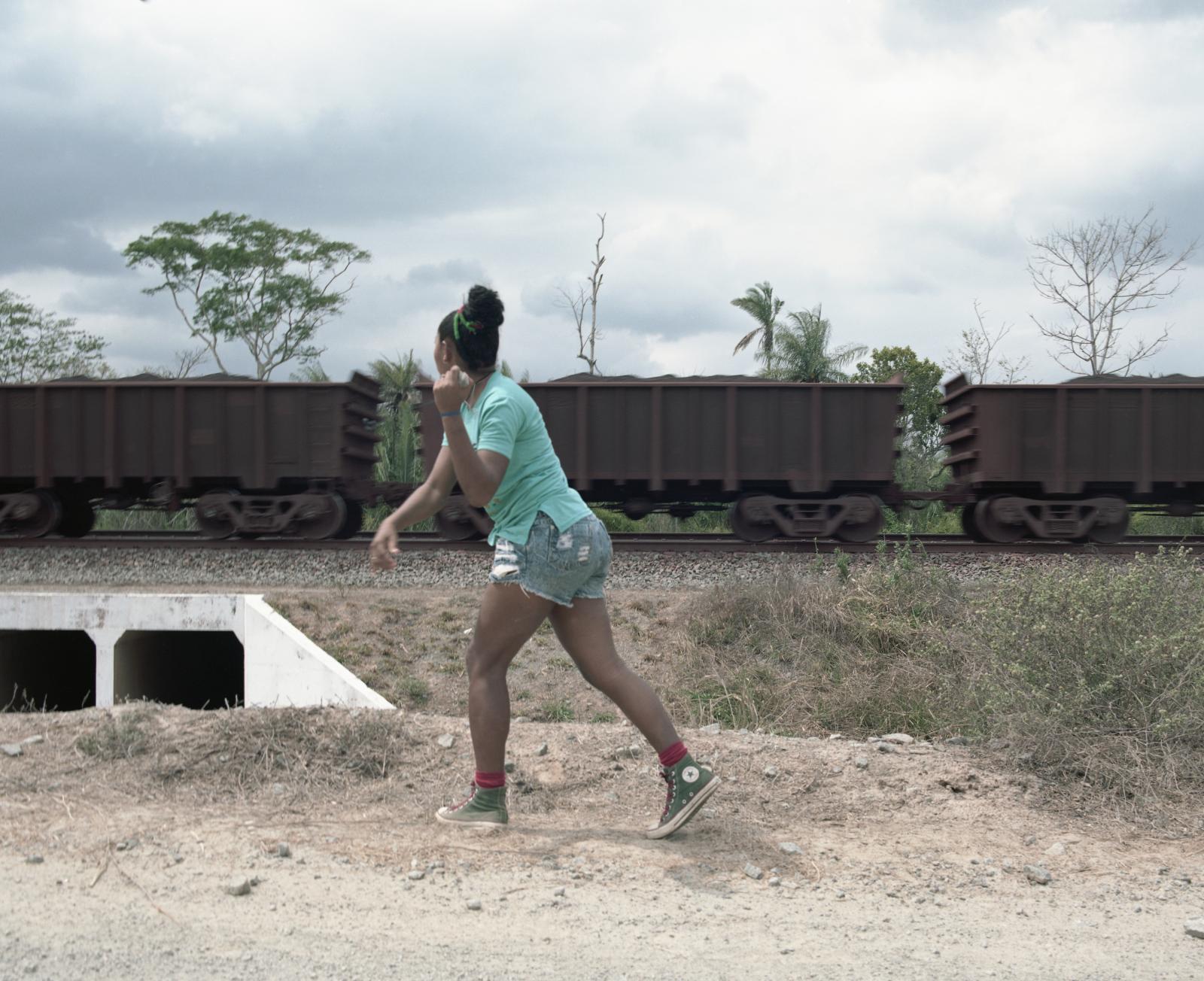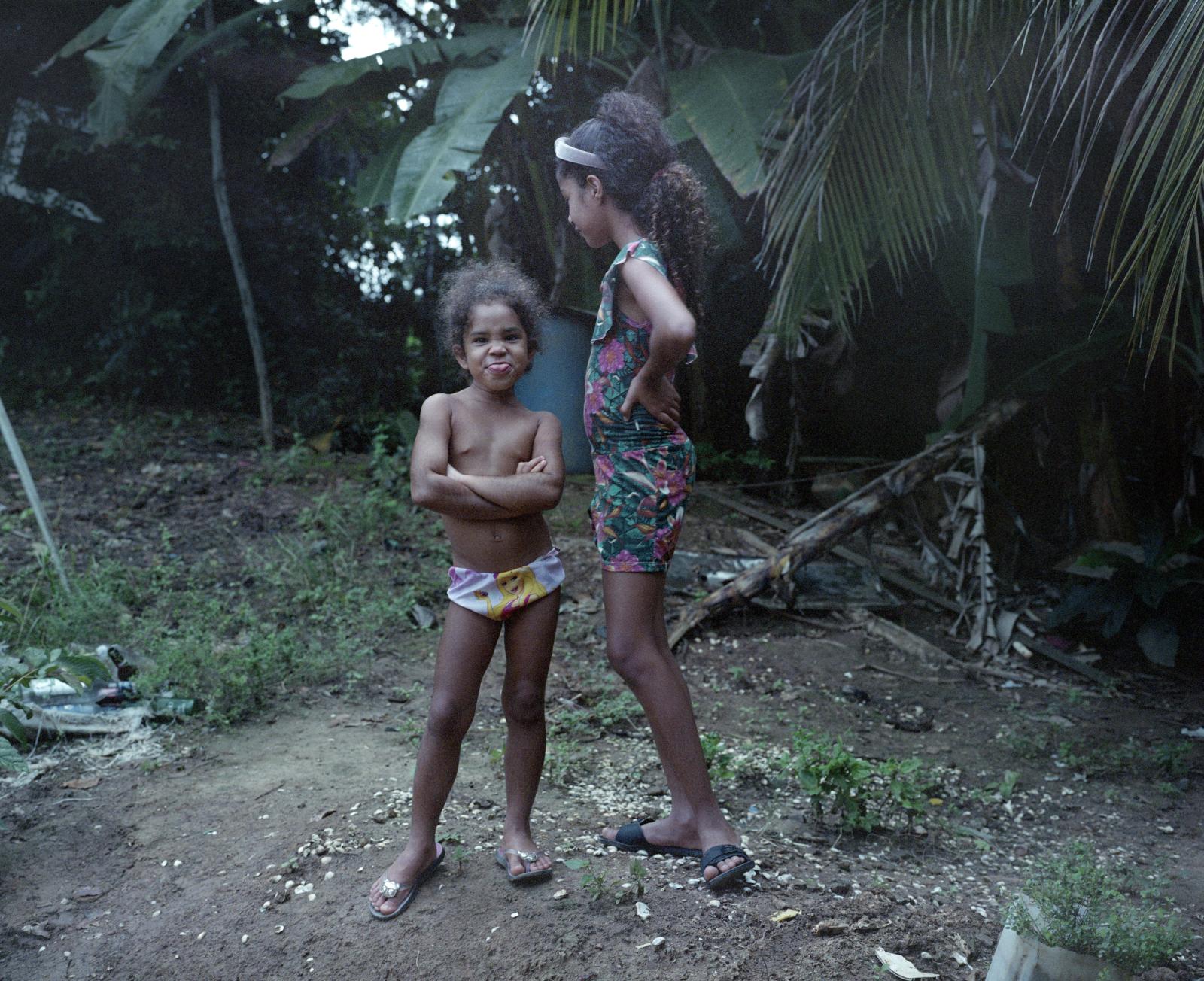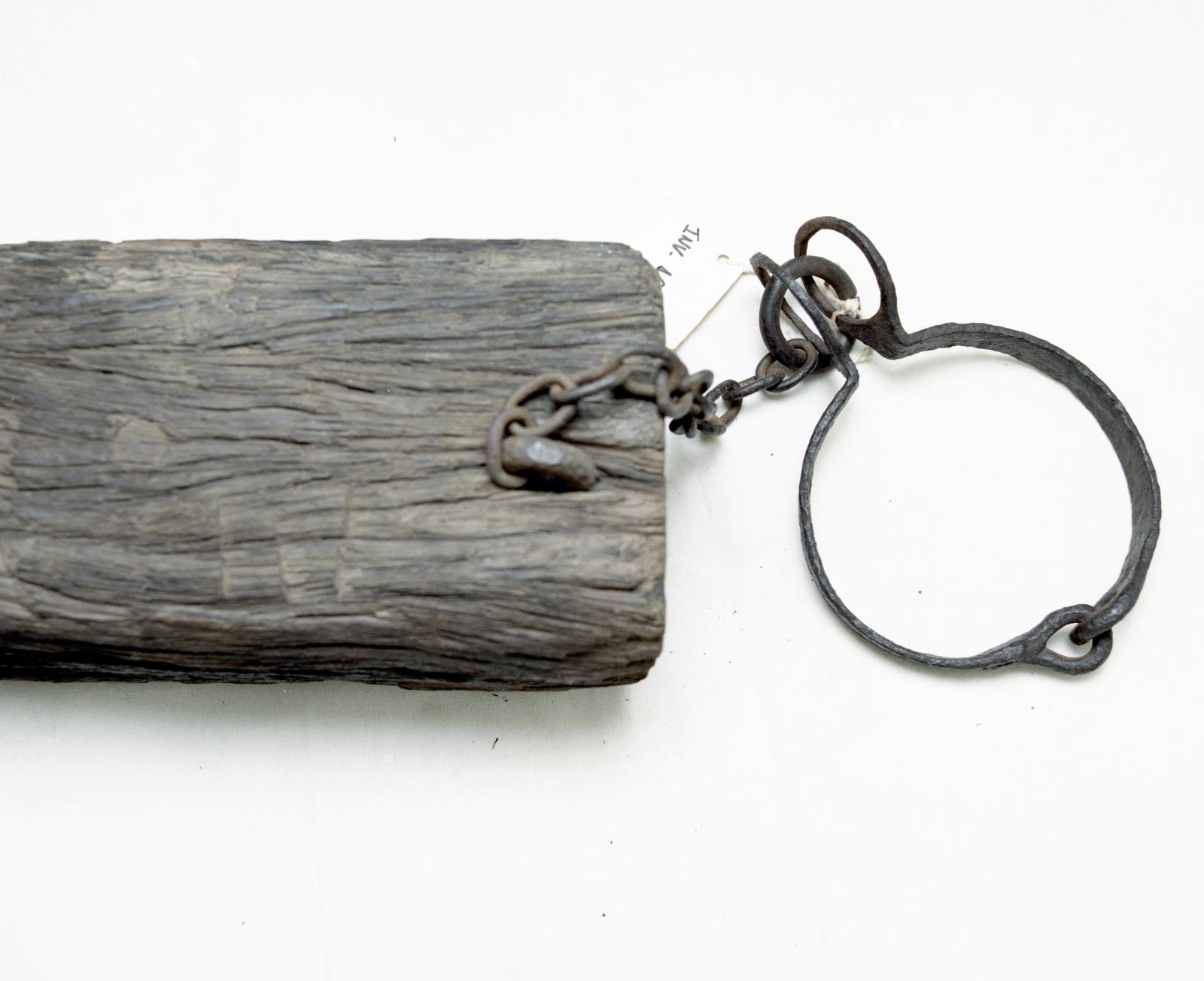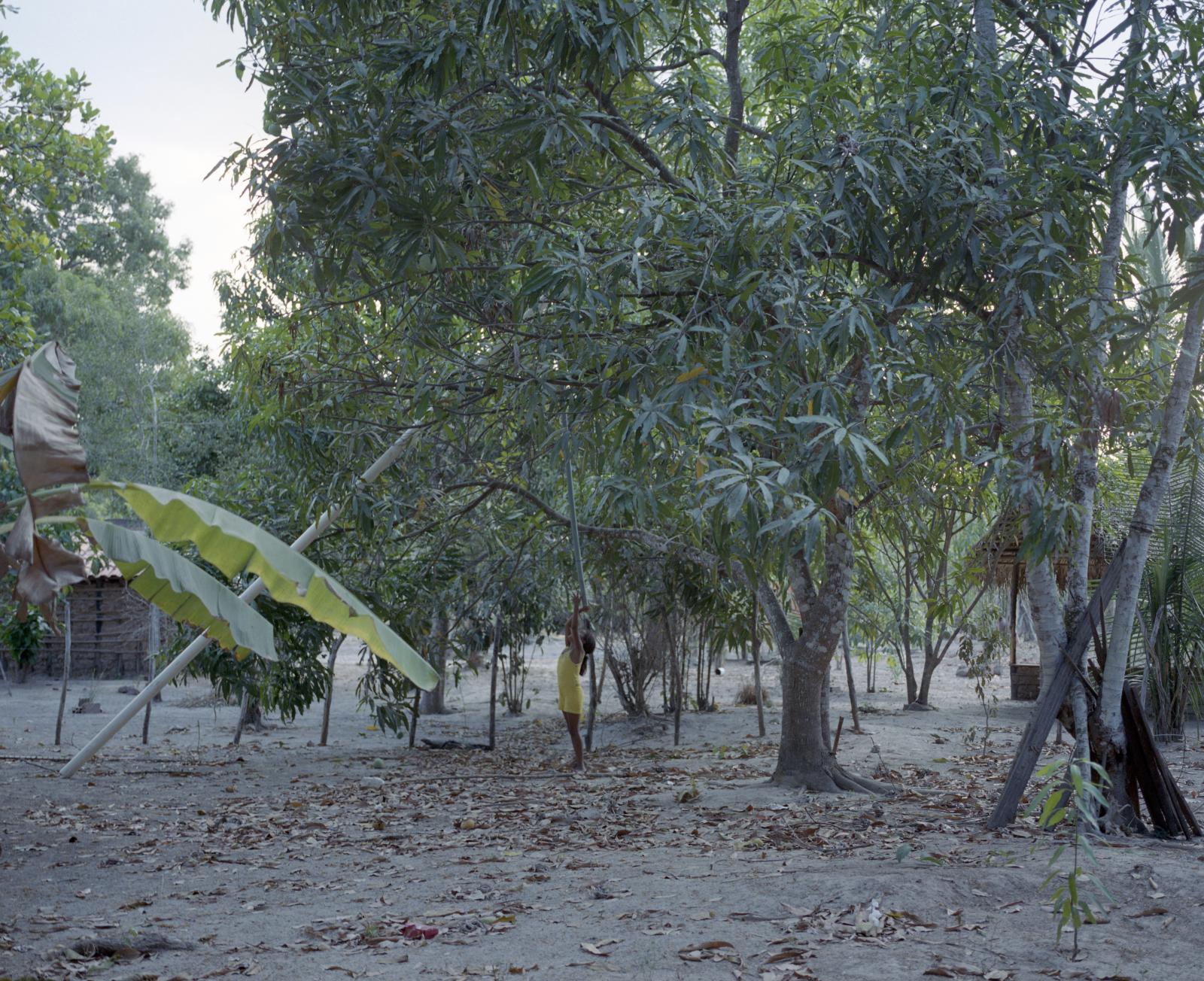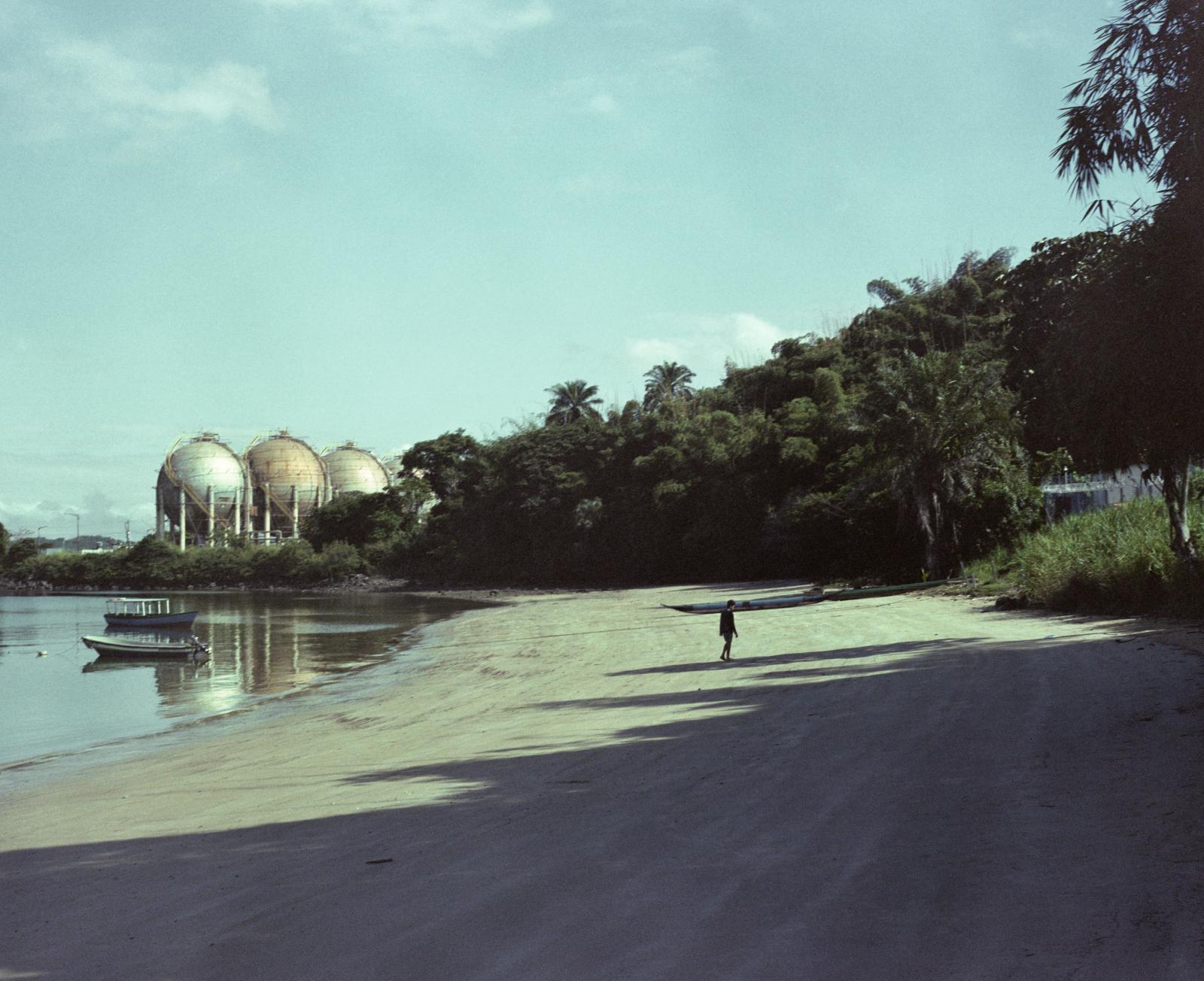Editors Only Story
Estamos Na Luta
The Portuguese colonisation and the Atlantic Slave Trade are the historical reasons at the bases of the presence of black African people in Brazil. Despite the law that abolished slavery is dated 1888, today, Brazil suffer an Institutional and Societal racism.
The Quilombos are Brazilian settlement founded by people of African origin; most of the founders of these communities were escaped slaves.
After years of fight and struggle the Quilombolas around Brazil was able to have their land and their status of Communities with an own cultural identity recognised.
Unlikely the land’s ownership process can take years and it has to deal with a certain resistance and opposition from the federal and local authorities meanwhile the Quilombola’s communities continues to be threatened by farmers, owner of industries and some time by the same persons that represent the State. As consequence, the Quilombo of Santa Rosa dos Pretos have seen its territory decrease because an electric company and a mining company forbidden the presence of the Quilombola near their installation; the Quilombo of Boca do Rio has been encircled by a commercial port and by petrochemical company that makes it difficult by the Quilombola to access to their homes or the Quilombo near January where the members of the Community are threatened by a local farmer and the local authorities don’t guarantee minimal conditions (tap water, school bus, roads) to the Quilombolas.
In the latest years the right-wings government started political actions aimed to expropriate the Quilombola from their lands and the valorisation and defense of these communities moved down in the list of priorities, both from a political point of view and from the funding of the institutions responsible to the passage of land ownership to the Quilombola’s Communities. Finally the defense of farmers and mining activities by the government and the use of a language that diminish the importance of the Quilombos generate a even more dramatic racism by local farmers, companies and developers against the Quilombolas.
Estamos na Luta it means we are in the fight, for their rights, for the injustices they are living and a way to remember the fight for freedom of their slave ancestors.

